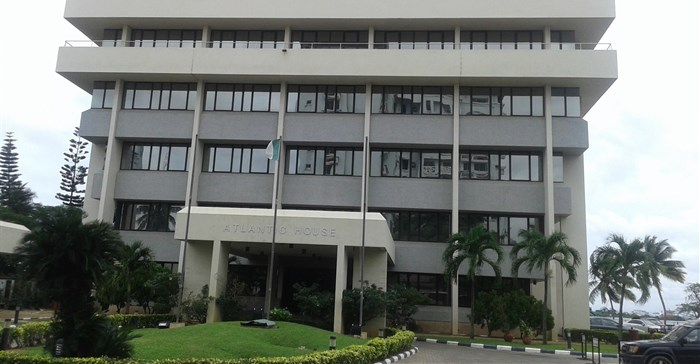According to Bolaji Edu, Broll Nigeria CEO, while there is appetite to invest in the listed property sector on the Nigerian Stock Exchange (NSE), the regulation is very tax inefficient and the sector remains underdeveloped.

Atlantic House in Nigeria
Currently, there are four listed property companies on the NSE with a combined market capitalisation of over ₦45bn. These include Skye Shelter Fund PLC, Union Homes Real Estate Investment Trust, UPDC and UACN Property Development Company.
“The listed sector in Nigeria has remained fairly illiquid over the years and while demand is there from pension funds and other institutional investors, the regulation is still very tax inefficient which has reduced their attractiveness,” says Edu.
Shares held by handful of investors
He explains that most of the shares in listed property companies and real estate investment trusts (REITs) are held by a handful of investors, including the sponsor and initial investors and the volume and size of transactions are still relatively low.
Edu says of the property companies listed, UACN Property Development Company and the UPDC REIT have the most diversified investment portfolio which include hospitality, office, residential, retail and hospitality assets. Skye Shelter Fund PLC and Union Homes Real Estate Investment Trust are predominantly focused on residential property assets.
“The existing regulatory framework with regards to tax structures and the reliability of the valuations have withheld the emergence of more REITs on the capital market. However, we are starting to see a number of private equity funds considering the creation and set up of REITs as a vehicle to provide an exit to their developments.”
Private equity investors
Edu notes that private equity investors have been the main source of funds in the office and retail sectors. The likes of Actis, RMB Westport and local funds such as Africa Capital Alliance and Landmark have been at the forefront of allocating capital to real estate developments across different sectors and locations in Nigeria.
“These investors have helped to meet appetite from both African and international institutional investors and by divesting into a range of asset classes and countries, they in turn can diversify risks for their investors.”
Furthermore, he says private equity investors have helped to drive growth in particular, of A-grade office properties and modern shopping centres especially in Abuja and Lagos.
Given the current market uncertainty and shortage of forex, private equity investors have either put their investments on hold and/or are scaling back the size of the investments.
Historically, private equity has flowed in the office and retail sectors, however, with the current market condition which has impacted corporate profits and consumer spending, interest has shifted to warehousing, manufacturing and logistics sector.
Ongoing interest
Overall, there is still interest in investing in Nigeria and we are now starting to see rentals and capitalisation rates adjusting towards more affordable and sustainable levels which will provide exciting investment opportunities in the future, says Edu.
“There is increased level of interest in naira-denominated assets especially from high net worth Nigerians in diaspora who are taking advantage of the 60% fall in value of the assets in US$ terms,” adds Edu.




























